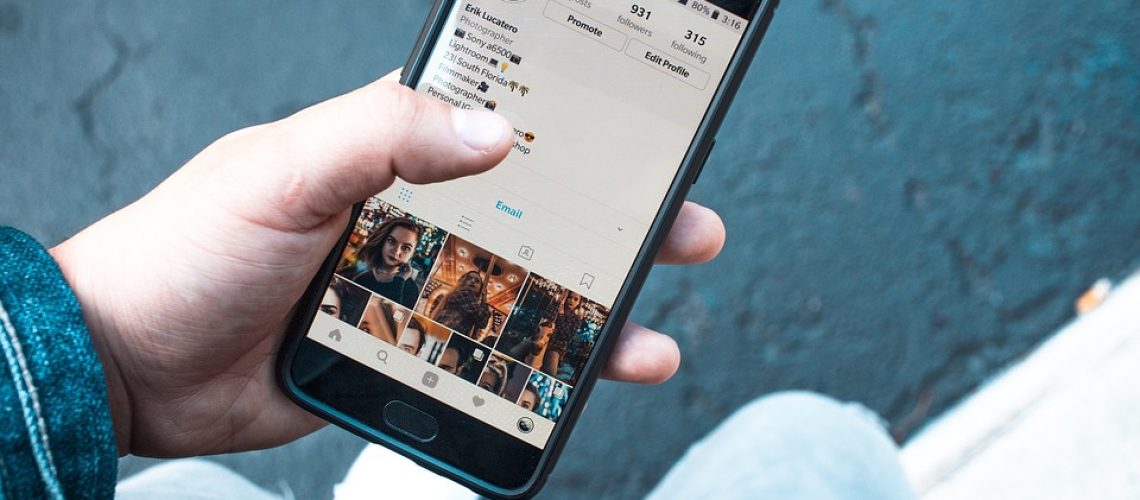For those living the expat life, there’s a lot to worry about on a day-to-day basis.
Getting to work. Keeping in touch with family. Focusing on your mental and physical health.
And so how often does online security pass your mind?
Reality check: living abroad makes you more susceptible to potential fraud and scams as you navigate the security landscape of a whole new environment. While you may think your information is secure, the fact remains that many expats fall prey to scams that could otherwise be prevented.

The good news is that keeping your data secure doesn’t have to be inherently difficult. Consider the following four pointers for ensuring that you don’t fall into a security snafu during your time in a new country.
Securing Your Cash
First thing’s first: making sure that your finances and are safe and secure.
While online banking is a nice luxury, make sure you’re accessing your bank website or app in a secure location. In other words, try to stick to your personal wireless network as opposed to one in public. This means not checking sensitive information on public devices, either.
It’s also important to take care when using apps when sending money to friends, family or colleagues, including transferring remittance payments back home. In short, be vigilant about any online transfers and keep an eye on your bank statements to avoid any potential fraud.
Avoiding Shopping and Transaction Fraud
Although online shopping is easier and should be more secure than ever, concerns over data breaches and scammy transactions are most definitely justified.
When dealing with online shops, you can usually trust sites like Amazon or big box retailers with airtight return policies. That said, if you’re looking at a smaller, third-party site, strive to do the following:
- Only purchase from sites where you can find legitimate ratings and reviews
- Verify their SSL certificate before entering any information
- Use a digital wallet like PayPal, unlinked from your bank account in case fraud does occur
Protecting Your Passwords
Coming up with a strong password with unique characters and capitalization is a good starting point, but doing so isn’t the be-all, end-all be all of keeping people from cracking into your accounts. Here are some additional pointers to consider regarding your passwords:
- Don’t use the same password for each and every account you manage
- Don’t store your passwords in an email or doc that could be accessed by someone else
- Change your passwords on a regular basis and try not to repeat them if possible
Staying Safe via Social Media
Last but not least, bear in mind that even social media is a hotbed for potential problems if you aren’t careful. There are many common social media scams that could lead to not only your accounts being compromised in addition to potentially giving scammers access to your email. Here are some rules of thumb when navigating social media:
- Avoid phishing schemes by being skeptical about spammy, over-promotional links posted by friends or family
- Don’t respond to requests or direct messages from people you don’t know
- Do not discuss any logins or personal information via social if you can help it
There’s a lot that can potentially go wrong with your personal information when living abroad, especially given how prevalent scams are today. That said, staying vigilant and sticking to these principles now will save you from major headaches down the road.
